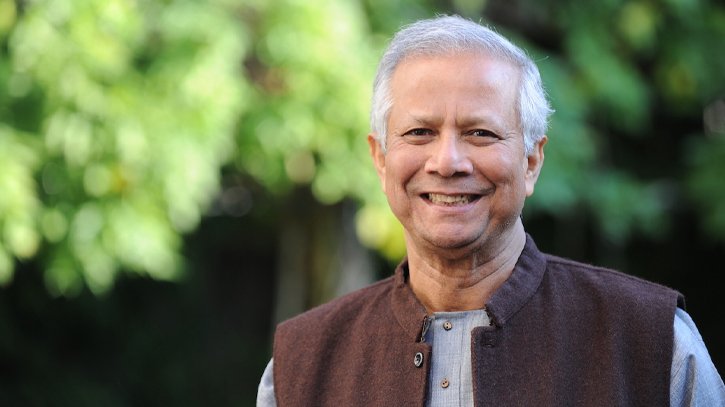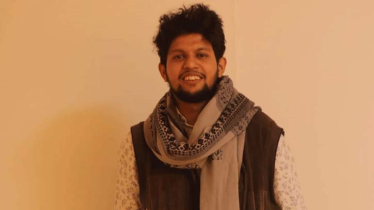
Photo : Collected
The Royal Islamic Strategic Studies Centre, based in Amman, has unveiled its 16th annual list of the world's most influential Muslim personalities for 2025.
The prestigious publication, The Muslim 500: The World’s 500 Most Influential Muslims, features a diverse array of individuals from across the globe who have made profound contributions to various fields, ranging from religious thought and political leadership to arts and culture.
This year's edition, a collaboration with the Prince Alwaleed Bin Talal Center for Muslim-Christian Understanding at Georgetown University in the United States, continues to reflect on the substantial impact and influence of these distinguished figures within the global Muslim community, which numbers over 2.1 billion.
First launched in 2009, The Muslim 500 seeks to identify individuals who have exerted notable influence over Muslim communities, both in their home countries and on a global scale.
Dr Muhammad Yunus, a celebrated Bangladeshi economist, entrepreneur, and civil society leader, has been prominently featured in this year’s top 50 list.
He is widely known for his pioneering work in microfinance and microcredit, which has revolutionised economic development models in developing nations. His inclusion in The Muslim 500 is a testament to his lasting influence in the spheres of social innovation and poverty alleviation.
Born on 28 June 1940, Dr Yunus has received numerous accolades throughout his career, including the Nobel Peace Prize in 2006 for his role in founding the Grameen Bank, an institution that has empowered millions of underprivileged people by providing access to small loans without collateral.
His work has inspired global initiatives in financial inclusion, encouraging economic self-sufficiency for impoverished communities, particularly women.
In recent times, Dr Yunus has taken on an even more prominent role in his home country. Since 8 August 2024, he has been serving as the 5th Chief Adviser of the interim government of Bangladesh, guiding the nation through a critical transitional phase.
His leadership in this capacity is particularly noteworthy as Bangladesh navigates significant political and economic challenges.
The 2025 edition of The Muslim 500 categorises influential Muslims into five main groups: Religious, Political, Science and Technology, Arts and Culture, and Sports and Entertainment.
These categories recognise the diverse nature of Muslim contributions to society and highlight the achievements of individuals across different domains.
Dr Yunus’s inclusion underscores his multifaceted role as an economist, politician, and social reformer, whose initiatives have not only transformed the economic landscape in Bangladesh but have also provided a model for sustainable development globally.
This year’s publication also addresses several critical issues that have shaped the Muslim Ummah in 2024, such as the ongoing genocide in Gaza and the accomplishments of Muslim athletes at the Paris Olympics.
By reflecting on these significant events and spotlighting the achievements of influential Muslims, The Muslim 500 serves as a powerful reminder of the resilience and ingenuity present within the Muslim world.
As the 5th Chief Adviser, Dr Yunus’s strategic leadership is expected to be pivotal in addressing Bangladesh's socio-economic and political issues in the coming years.
His continued influence, both within Bangladesh and on the international stage, solidifies his position as one of the most respected figures in the Muslim world.
The inclusion of Dr Yunus in The Muslim 500 is a recognition of his enduring commitment to uplifting communities through economic empowerment and social change.
His achievements, spanning over decades, remain a source of inspiration not just for the people of Bangladesh, but for all those striving for a more equitable and just society.
Messenger/UNB/Disha








